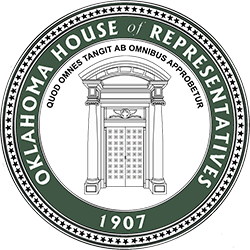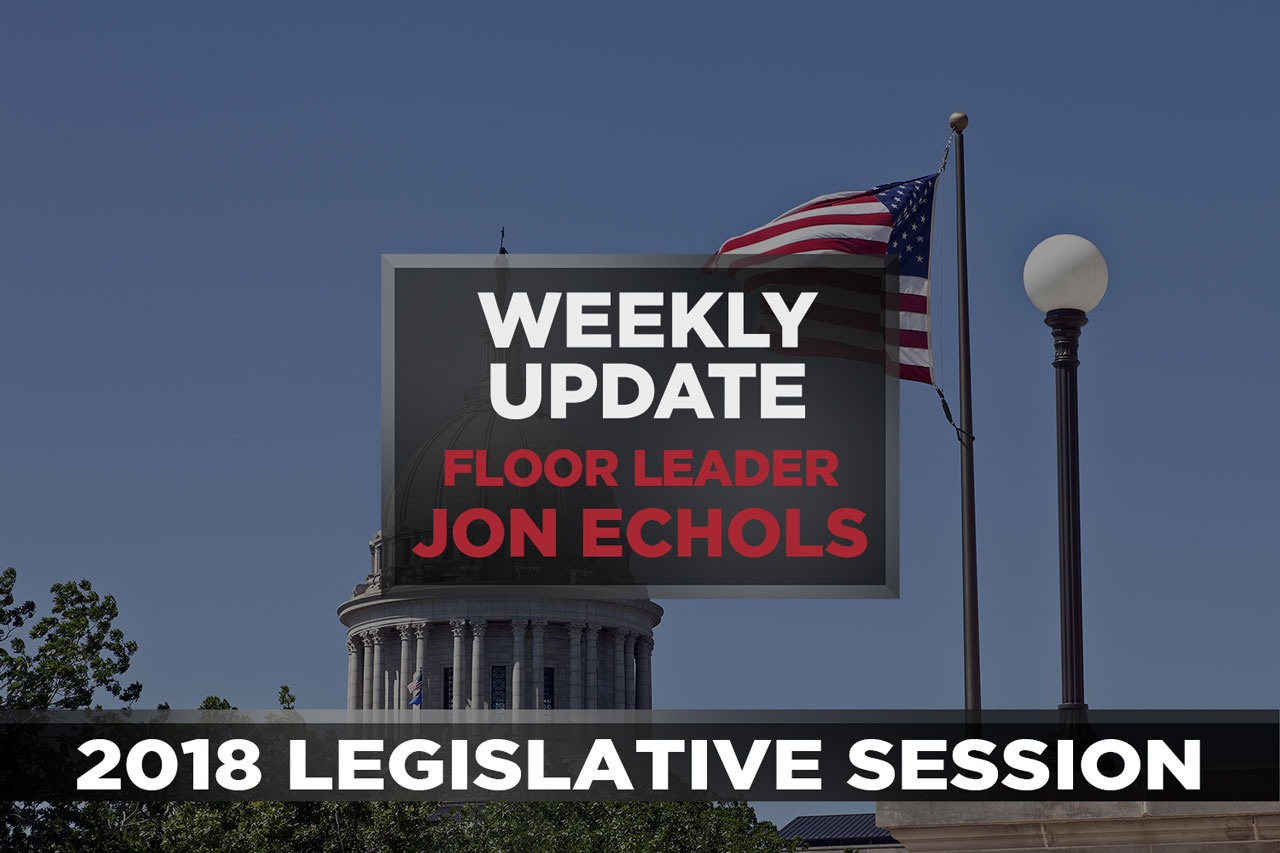 Governor Delivers 2015 State of the State Address
Governor Delivers 2015 State of the State Address
On Monday, Governor Mary Fallin delivered the annual State of the State Address in front of a joint session of the Oklahoma Legislature. In it, Fallin focused on the need to improve the state’s budgeting process. This year, legislators will only appropriate 47 percent of total Oklahoma tax receipts, down from 55 percent in 2007. That means legislators will have fewer total dollars to appropriate than in years past, despite the state collecting more total dollars.
The governor proposed adopting performance informed budgeting that links spending to measurable goals and outcomes, requiring an evaluation process of every tax credit and economic incentive, redirecting $300 million of the $1.7 billion in agency revolving funds to the General Revenue Fund in FY 2016 and creating a budget-only session every other year.
To ensure more Oklahomans are receiving the skills and education they need to succeed in the workplace, the governor proposed a $25 million increase to the Department of Education and announced the launch of “Oklahoma Works.”
To reduce the incarceration rate among non-violent offenders and ensure they are getting treatment and supervision, the governor proposed greater levels of funding for agencies that help implement “smart on crime” policies and advocated for the greater use of mental health, drug and veterans courts that steer non-violent offenders into programs providing supervision and treatment.
To help improve health outcomes for Oklahoma, the governor advocated for a $20 million increase for the Oklahoma Health Care Authority, enacting prescription drug monitoring legislation, banning texting while driving and setting a statewide goal of better heart health.
House Committee Advances Cannabidiol, Prescription Drug Monitoring Bills
On Tuesday, the House Alcohol, Tobacco and Controlled Substances Committee unanimously approved three measures.
House Bill 2154 allows for the use of cannabidiol for the treatment of severe forms of epilepsy in a clinical trial or an expanded-access program. Cannabidiol, which is extracted from marijuana, has shown promise most notably in treating a form of epilepsy known as Dravet Syndrome.
House Bill 1948 requires physicians and other medical providers to check a prescription drug database before writing new prescriptions or renewing old ones. It expands access to the database to the state medical examiner, nursing and optometry boards, several federal agencies. It permits the Department of Mental Health and Substance Abuse Services and the State Department of Health to utilize information in the central repository for statistical, research, substance abuse prevention, or education purposes, provided that consumer confidentiality is maintained.
House Bill 1494 extends the life of the Board of Tests for Alcohol and Drug Influence to 2022.
All three bills are now available to be heard on the House floor.
House Judiciary Committee Approves Bill to Protect Clergy from Lawsuits
On Tuesday, the House Judiciary Committee voted 7-2 to approve legislation intended to protect clergy who refuse to conduct same-sex marriages.
House Bill 1007 states that “No regularly licensed, ordained or authorized official of any religious organization shall be required to solemnize or recognize any marriage that violates the official’s conscience or religious beliefs.” The bill also gives individuals immunity from civil claims based on such a refusal.
HB 1007 is now available for a hearing on the House floor.
Election Reform Bill Advances
On Wednesday, the House Elections and Ethics Committee approved a bill to allow voters to become permanent absentee voters.
The intent of House Bill 1559 is to improve the absentee ballot system and encourage greater voter participation. The legislation has specific language requiring all applications for absentee ballots made by military service members overseas to be considered permanent absentee ballot applications. The legislation also provides for the automatic cancellation of absentee ballots if the postal service returns ballots undelivered to the county election board.
The legislation was approved by a 7-0 vote and is now available for a hearing on the House floor.

